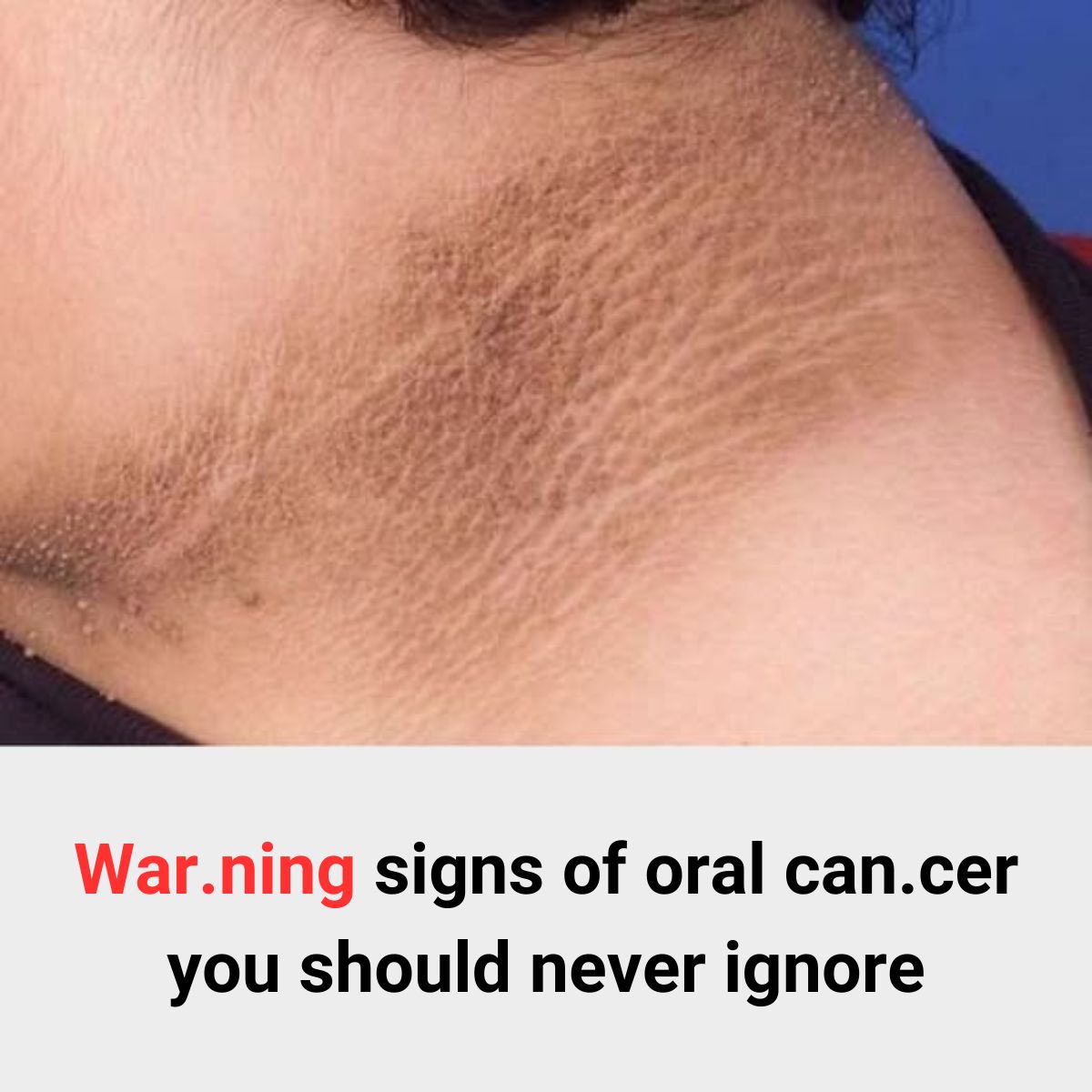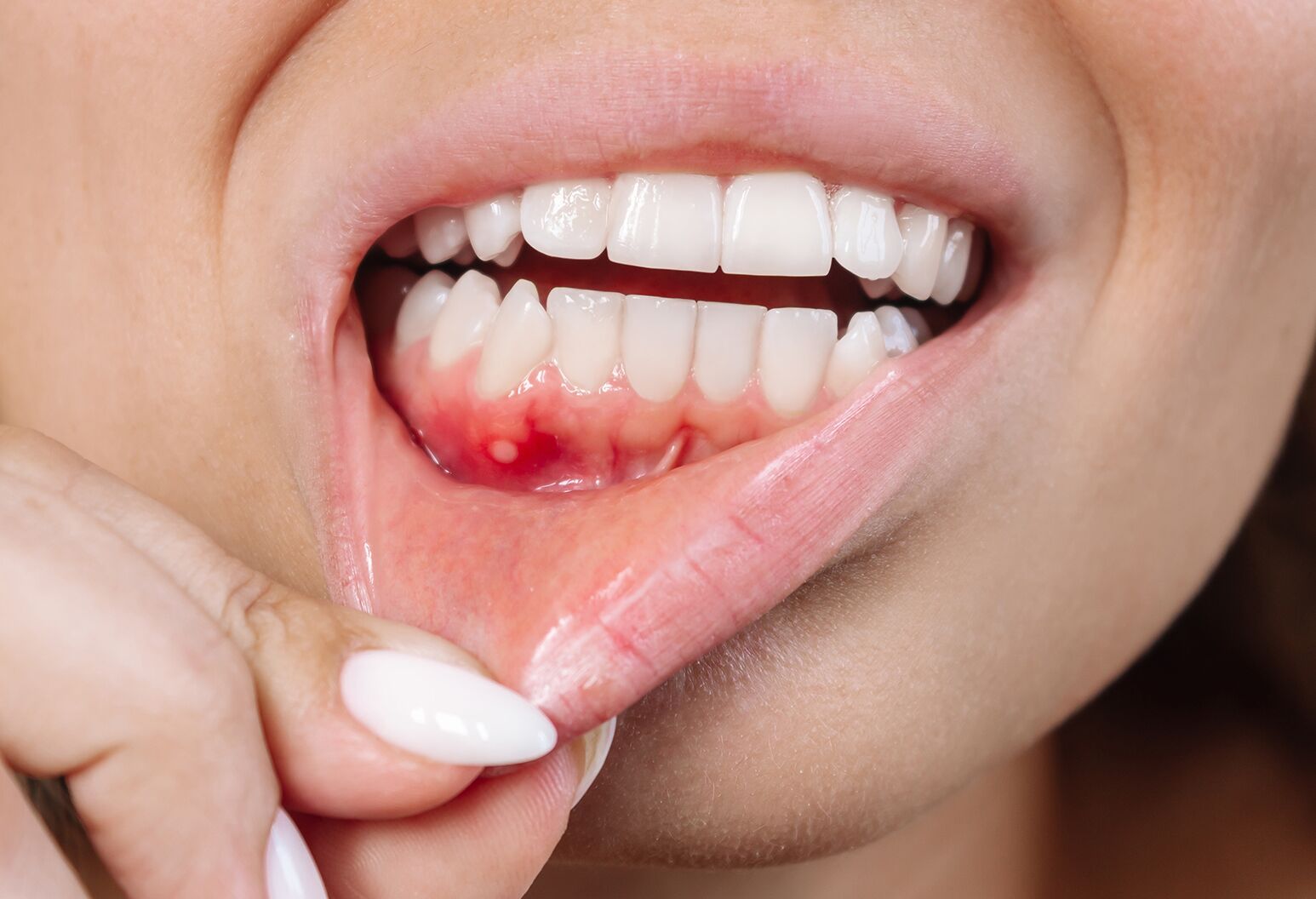
Because of carelessness, many people mistake oral canc3r for typical mouth ulcers, even though it is a condition that can be identified and caught early. It can be too late to start an effective treatment by the time the illness is discovered. As a result, acknowledging the early war is crucial to identify oral canc3r symptoms so that prompt treatment can be taken.
1. Persistent Mouth Sores
- A sore in the mouth, lips, or gums that does not heal within two weeks.
- May be painless at first but can become painful over time.
2. White or Red Patches
- Leukoplakia (white patches): Thickened, white patches that do not scrape off.
- Erythroplakia (red patches): Bright red, velvety areas that may bleed easily.
- Mixed patches: A combination of red and white areas.
3. Unexplained Bleeding
- Bleeding in the mouth without any known cause, such as injury or biting.
4. Lumps, Thickened Areas, or Rough Spots
- Any unexplained lump or thickening in the cheek, gums, tongue, or other areas inside the mouth.
- May feel like a rough spot or an area with uneven texture.
5. Numbness or Pain in the Mouth, Tongue, or Lips
- A tingling, burning, or numb sensation in any part of the mouth.
- Pain in the tongue or other areas of the mouth that doesn’t go away.
6. Difficulty Chewing or Swallowing

- Feeling like something is stuck in the throat.
- Discomfort or pain when chewing or swallowing food.
7. Persistent Bad Breath
- Chronic bad breath that does not go away with oral hygiene.



















